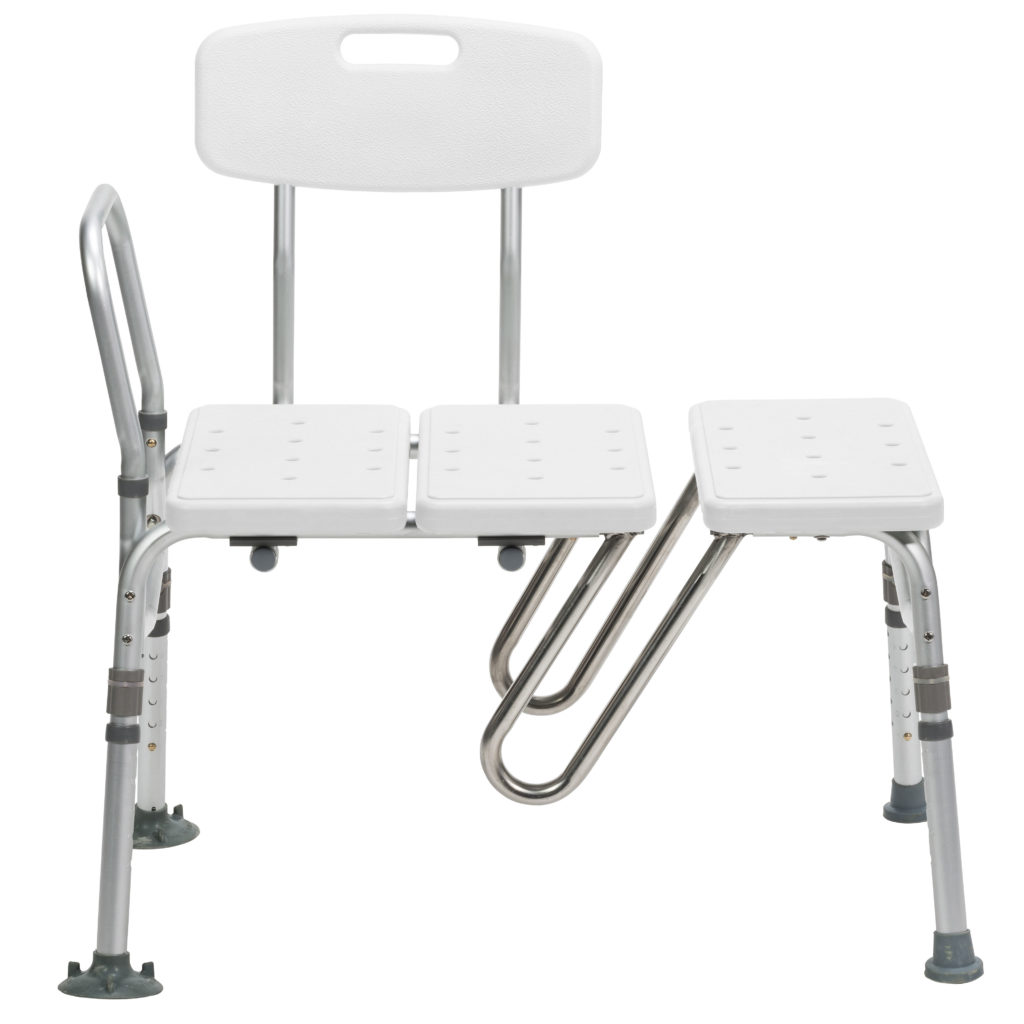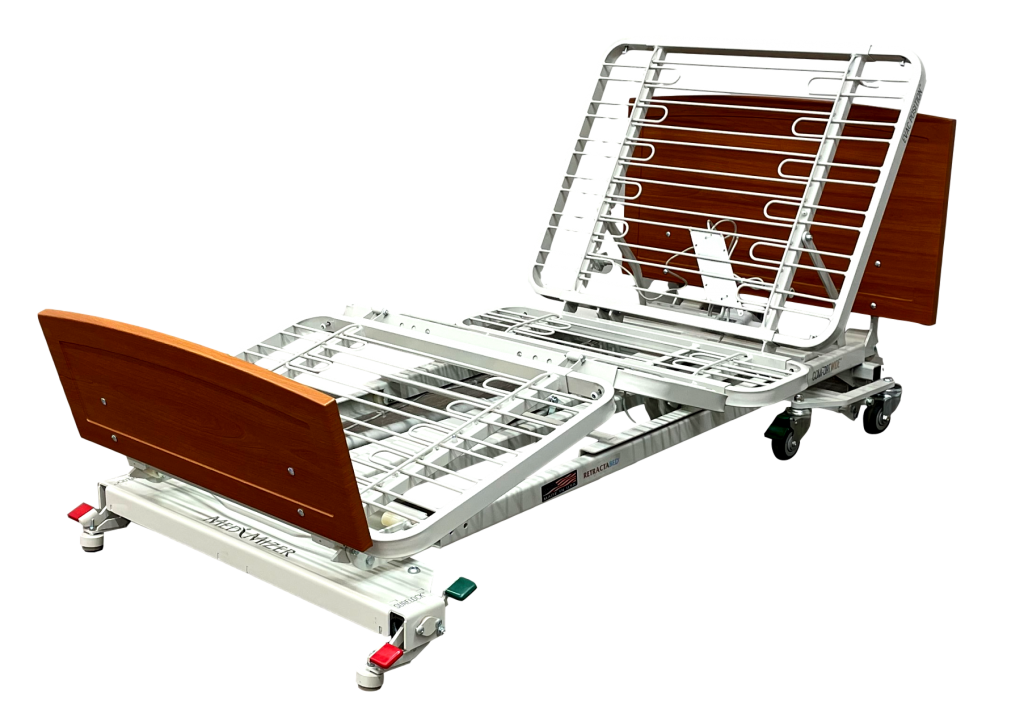



The iHealth® COVID-19 Antigen Rapid Test is a lateral flow assay intended for the qualitative detection of nucleocapsid protein antigen from SARS-CoV-2.
This test is authorized for non-prescription home use with self-collected anterior nasal (nares) swab samples from individuals aged 15 years or older with symptoms of COVID-19 within the first 7 days of symptom onset. This test is also authorized for non-prescription home use with adult-collected nasal swab samples from individuals aged 2 years or older with symptoms of COVID-19 within the first 7 days of symptom onset.
This test is also authorized for non-prescription home use with self-collected anterior nasal (nares) swab samples from individuals aged 15 years or older, or adult collected anterior nasal swab samples from individuals aged 2 years or older, with or without symptoms or other epidemiological reasons to suspect COVID-19 when tested twice over three days with at least 24 hours (and no more than 48 hours) between tests.
FDA AUTHORIZED 15 MINS SELF-TEST
The test is a 15-minute self-test to detect whether or not an individual has the COVID-19. The test can be completed in the comfort of your own home without the need to ship your sample to a lab.
EASY TO USE ZERO DISCOMFORT
Test can be done by inserting only 1/2 to 3/4 inch with a simple non-invasive nasal swab, easy to use and zero discomfort. Step-by-step instructional videos are available in our app for easy following. (Installation of app is optional.)
FOR AGES 2 AND ABOVE
The self-administered test is recommended for individuals aged 15 years and older. Adult-collection is required for testing children 2-14 years old.
DETECT CURRENT AND NEW COVID VARIANTS
iHealth has completed testing on several heat inactivated variant strains and the iHealth COVID-19 Antigen Rapid Test was able to detect the mutations.
GROUP TESTING MANAGING VIA MOBILE APP
The iHealth Test app allows the administrator of a small group to monitor and track the group members’ test results when needed at school, work or event.
Disclaimer: If you’re currently experiencing COVID-19 symptoms, please contact your primary care physician (PCP) for immediate guidance.
This is not a PCR test and not valid for travel. The manufacturer of the iHealth® COVID-19 Antigen Rapid Test requires test kits be stored at temperatures between 36o and 86oF (2o – 30oC). Any extended exposure of the test kit to temperatures beyond this range may affect quality of test results. If you have ordered home delivery of the test kit and expect temperatures in your area to be outside of this range at time of delivery, it is recommended that you arrange for someone to be home at or near time of delivery to receive the test kit.
The iHealth® COVID-19 Antigen Rapid Test is a lateral flow assay intended for the qualitative detection of nucleocapsid protein antigen from SARS-CoV-2.
This test is authorized for non-prescription home use with self-collected anterior nasal (nares) swab samples from individuals aged 15 years or older with symptoms of COVID-19 within the first 7 days of symptom onset. This test is also authorized for non-prescription home use with adult-collected nasal swab samples from individuals aged 2 years or older with symptoms of COVID-19 within the first 7 days of symptom onset.
This test is also authorized for non-prescription home use with self-collected anterior nasal (nares) swab samples from individuals aged 15 years or older, or adult collected anterior nasal swab samples from individuals aged 2 years or older, with or without symptoms or other epidemiological reasons to suspect COVID-19 when tested twice over three days with at least 24 hours (and no more than 48 hours) between tests.
FDA AUTHORIZED 15 MINS SELF-TEST
The test is a 15-minute self-test to detect whether or not an individual has the COVID-19. The test can be completed in the comfort of your own home without the need to ship your sample to a lab.
EASY TO USE ZERO DISCOMFORT
Test can be done by inserting only 1/2 to 3/4 inch with a simple non-invasive nasal swab, easy to use and zero discomfort. Step-by-step instructional videos are available in our app for easy following. (Installation of app is optional.)
FOR AGES 2 AND ABOVE
The self-administered test is recommended for individuals aged 15 years and older. Adult-collection is required for testing children 2-14 years old.
DETECT CURRENT AND NEW COVID VARIANTS
iHealth has completed testing on several heat inactivated variant strains and the iHealth COVID-19 Antigen Rapid Test was able to detect the mutations.
GROUP TESTING MANAGING VIA MOBILE APP
The iHealth Test app allows the administrator of a small group to monitor and track the group members’ test results when needed at school, work or event.
Disclaimer: If you’re currently experiencing COVID-19 symptoms, please contact your primary care physician (PCP) for immediate guidance.
This is not a PCR test and not valid for travel. The manufacturer of the iHealth® COVID-19 Antigen Rapid Test requires test kits be stored at temperatures between 36o and 86oF (2o – 30oC). Any extended exposure of the test kit to temperatures beyond this range may affect quality of test results. If you have ordered home delivery of the test kit and expect temperatures in your area to be outside of this range at time of delivery, it is recommended that you arrange for someone to be home at or near time of delivery to receive the test kit.
| Packaging | 1-Pack of 2 Tests, 12-Packs of 2 Tests, 90-Packs of 2 Tests |
|---|






| Cookie | Duration | Description |
|---|---|---|
| cookielawinfo-checkbox-analytics | 11 months | This cookie is set by GDPR Cookie Consent plugin. The cookie is used to store the user consent for the cookies in the category "Analytics". |
| cookielawinfo-checkbox-functional | 11 months | The cookie is set by GDPR cookie consent to record the user consent for the cookies in the category "Functional". |
| cookielawinfo-checkbox-necessary | 11 months | This cookie is set by GDPR Cookie Consent plugin. The cookies is used to store the user consent for the cookies in the category "Necessary". |
| cookielawinfo-checkbox-others | 11 months | This cookie is set by GDPR Cookie Consent plugin. The cookie is used to store the user consent for the cookies in the category "Other. |
| cookielawinfo-checkbox-performance | 11 months | This cookie is set by GDPR Cookie Consent plugin. The cookie is used to store the user consent for the cookies in the category "Performance". |
| viewed_cookie_policy | 11 months | The cookie is set by the GDPR Cookie Consent plugin and is used to store whether or not user has consented to the use of cookies. It does not store any personal data. |